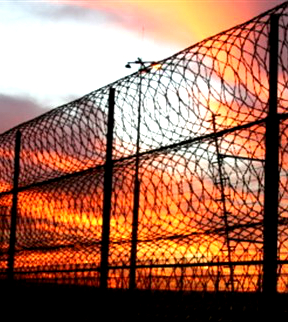Crisis looms in Tasmanian prisons
 Tasmania's Custodial Inspector has warned the state's prison system is underfunded and approaching crisis.
Tasmania's Custodial Inspector has warned the state's prison system is underfunded and approaching crisis.
Custodial Inspector Richard Connock laid out a string of issues, including:
- a lack of funding, which has led to “lower staff morale and escalation of prisoner discontent”
- an “inability to meet the agreed prisoner-to-custodial-staff ratio”, leading to more lock-downs due to staff shortages
- lack of access to programs that could prepare prisoners for release
- inappropriate housing of minimum security prisoners in medium and maximum security cells
- pressure on post-release community health and care services
“Services are understaffed; there is a lack of mental health leadership in prisons; there is no formal service-level agreement with the Forensic Mental Health Service,” Mr Connock wrote.
“Dedicated spaces that are conducive for the provision of mental health care in the prisons are lacking.
“There is a need for ongoing training and support for correctional officers to understand and manage people with mental health issues.”
The report found almost all the state's prisons were overcrowded, with mattresses on floors and “triple-bunked” cells, all while the health needs of prisoners were not being met.
There were just two alcohol and drug counsellors to assist more than 600 male prisoners, and none for female prisoners.
Mr Connock also criticised the health practices of prisoners, including;
- an “excessive consumption” of sugar and salt by young people in detention
- a “less than ideal availability of fresh vegetables and fruit” in adult prisons
- a “high incidence” of closures of the Activity Centre in Risdon Prison due to lockdowns
Mr Connock said even his own investigation was underfunded.
“Without additional funding, there is a very high risk that mandatory inspection of each custodial centre at least once every three years cannot be achieved,” he warned.
Minister for Corrections Elise Archer said the government would take time to consider the report.
“This Government knows there are always improvements we can make in our prison system, which is why we are investing so heavily in staff, facilities and new infrastructure,” she said.
“It is anticipated that a number of existing concerns will be addressed in the long-term by the infrastructure initiatives currently underway.”
The state is in the middle of an expression-of-interest process for a second prison to house 270 prisoners in the state's north, which the minister said was “encouraging”.







 Print
Print